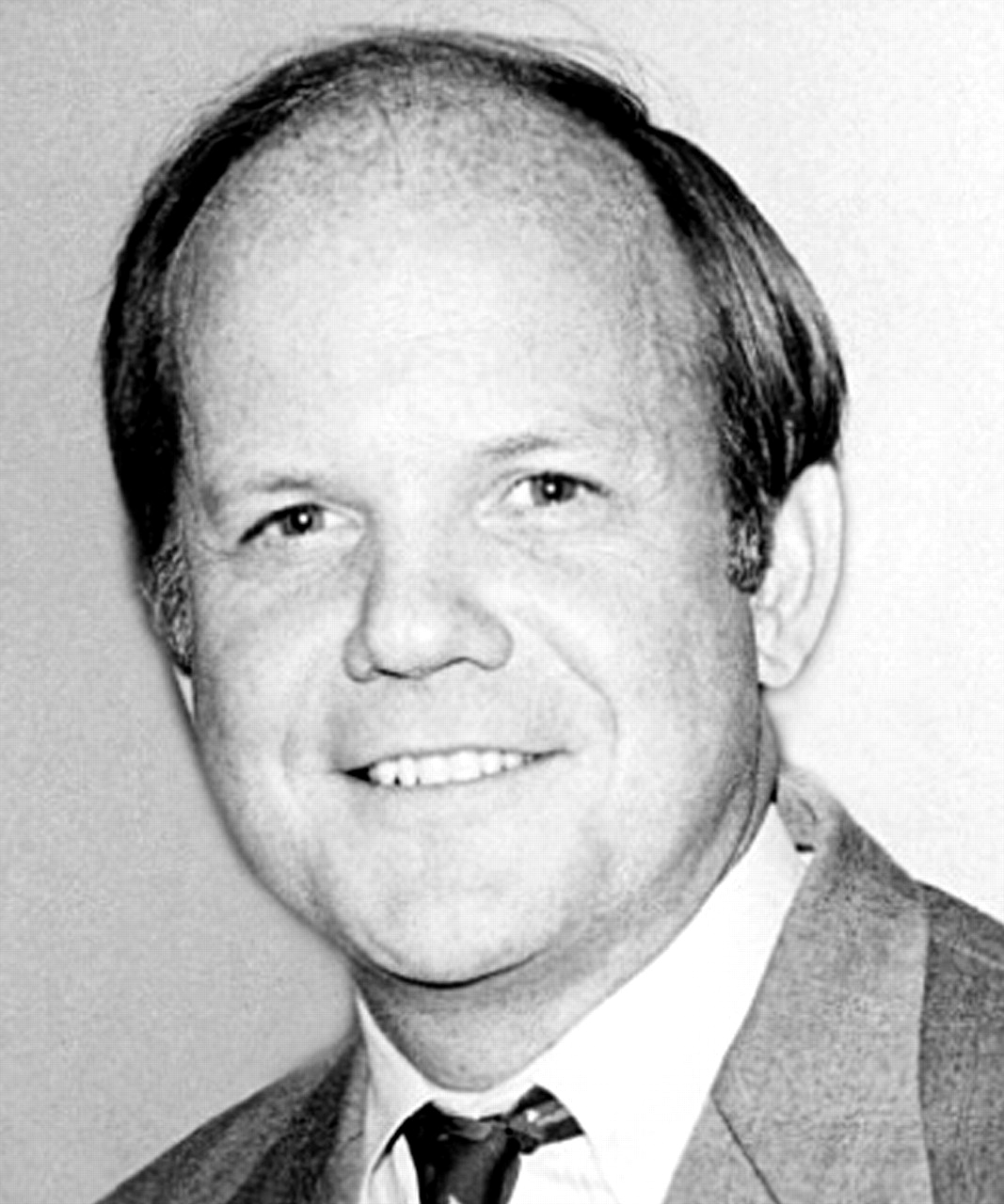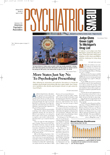Biographical Statement
During my residency at Mt. Sinai Hospital in New York, I found an interest in psychodynamics grow to include psychiatric teaching and neurobiology. As a chief resident, I received an award for medical student teaching, several years later served as director of the third-year medical student clerkship, and then as assistant director of residency training at Cornell, the Payne Whitney Clinic. Also at Cornell, during two years as a unit chief, I developed an interest in geriatric psychiatry, which today is my main “subspecialty” interest. I am in private practice in Manhattan and work two days a week with adolescents at a residence for inner-city children in Westchester County.
I am a clinical associate professor of psychiatry at Cornell and volunteer time at Payne Whitney in supervision, teaching, and interviewing resident applicants. I have published individually and collaboratively in the areas of geriatrics, psychiatric education, and psychopharmacology. I have volunteered psychiatric services to the homeless and to victims following 9/11, and continue to coordinate Area 2’s Disaster Response Network.
I am currently recorder of the Assembly and last year concluded my second term as president of the New York State Psychiatric Association and Area 2 representative to the Assembly, having previously served as treasurer and vice president. I entered the Assembly as one of the representatives from the New York County District Branch in 1988. I have served the Assembly as liaison to the Committee on Family Violence and Sexual Abuse, the Commission on AIDS, and the Practice Research Network and have been the representative from Area 2 to the Steering Committee on Practice Guidelines since its inception. I chaired the Assembly Committee on Planning from 1999 to 2002 and, as recorder, have served along with the speaker-elect and immediate past speaker as members from the Assembly to the Joint Reference Committee.
Candidacy Statement
As it approaches its 50th anniversary, the Assembly represents the heart and conscience of APA. It provides the best vehicle and tremendous opportunity to listen to, educate, and represent our members and to coordinate activities between members, the Board, and medical director.
We are faced with critical challenges. Severe underfunding of services, stigma, managed care restrictions, and increasingly liberal scopes of practice allowing nonphysicians to diagnose and treat mental illness (including the prescription of medications) all contribute to erosion of proper treatment for our patients and barriers in access to quality care. We must better educate the public, government officials, and our nonpsychiatric colleagues as to the nature, prevalence, and cost-effectiveness of appropriate treatment of mental illness. To attain these goals, membership strength and involvement are crucial in APA. At the same time we expand and refine our electronic communication abilities, we need to provide greater personal outreach by Assembly reps to members in the field and impart to training directors and early career psychiatrists the importance of psychiatrists’ active involvement on behalf of our patients. This includes strengthening liaisons with the AMA, state medical societies, and advocacy groups. In New York, a strong alliance with the medical society has helped us to avoid intrusions into our scope of practice. To foster recruitment, we must continue to forge alliances with our allied psychiatric groups, consider shared-dues strategies, and be sensitive to the needs of international medical graduates and minority representatives, many of whom serve valiantly in the public sector.
The Assembly played an important role last year in stressing the need for APA prioritization of goals, removal of redundancy in committee and component functions, and the establishment of financial oversight mechanisms that include Assembly input to ensure fiscal responsibility. Assembly budget cuts, reducing our funds by approximately one-third from previous years, have contributed to fragmentation of communication with legislative and public affairs reps, executive directors, and presidents and presidents-elect of our district branches, the very people we previously identified as needing to be in close touch with the Assembly and with one another! In striving to improve efficiency, the Assembly must be careful to not needlessly further diminish its ranks and capabilities. We are continuing to look for innovative ways to improve our effectiveness, and one concrete suggestion I have made is to encourage Areas to phase in having Area trustees serve the Area in place of the office of Area deputy rep. This would be cost saving, help ensure Assembly/membership issues are well represented on the Board and obviate the need for further discussion of how to get the Area reps and Area trustees communicating regularly.
I am in favor of continuing our Area Councils and support steps to strengthen regional alliances with stronger central office support and availability. Difficulties in establishing a viable information system damaged morale in DBs through lack of an adequate available database and timely reporting of dues billings. Concrete steps are being taken to rectify this. I support having an expert business and financial advisory panel serve as consultant to the Board in its consideration of various initiatives. Assembly vigilance, including Assembly involvement on the Board, will make sure that these issues are pursued and that future concerns of members and the Assembly receive appropriate attention.
I have demonstrated strength in working well with diverse groups to establish consensus and have spoken up forcefully for the Assembly as a two-term Area representative, chair of the Committee on Planning, member of the Joint Reference Committee, and this year as Assembly recorder. I would be honored to serve as your speaker-elect. ▪

